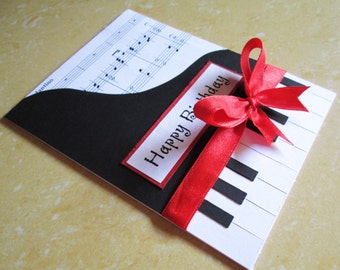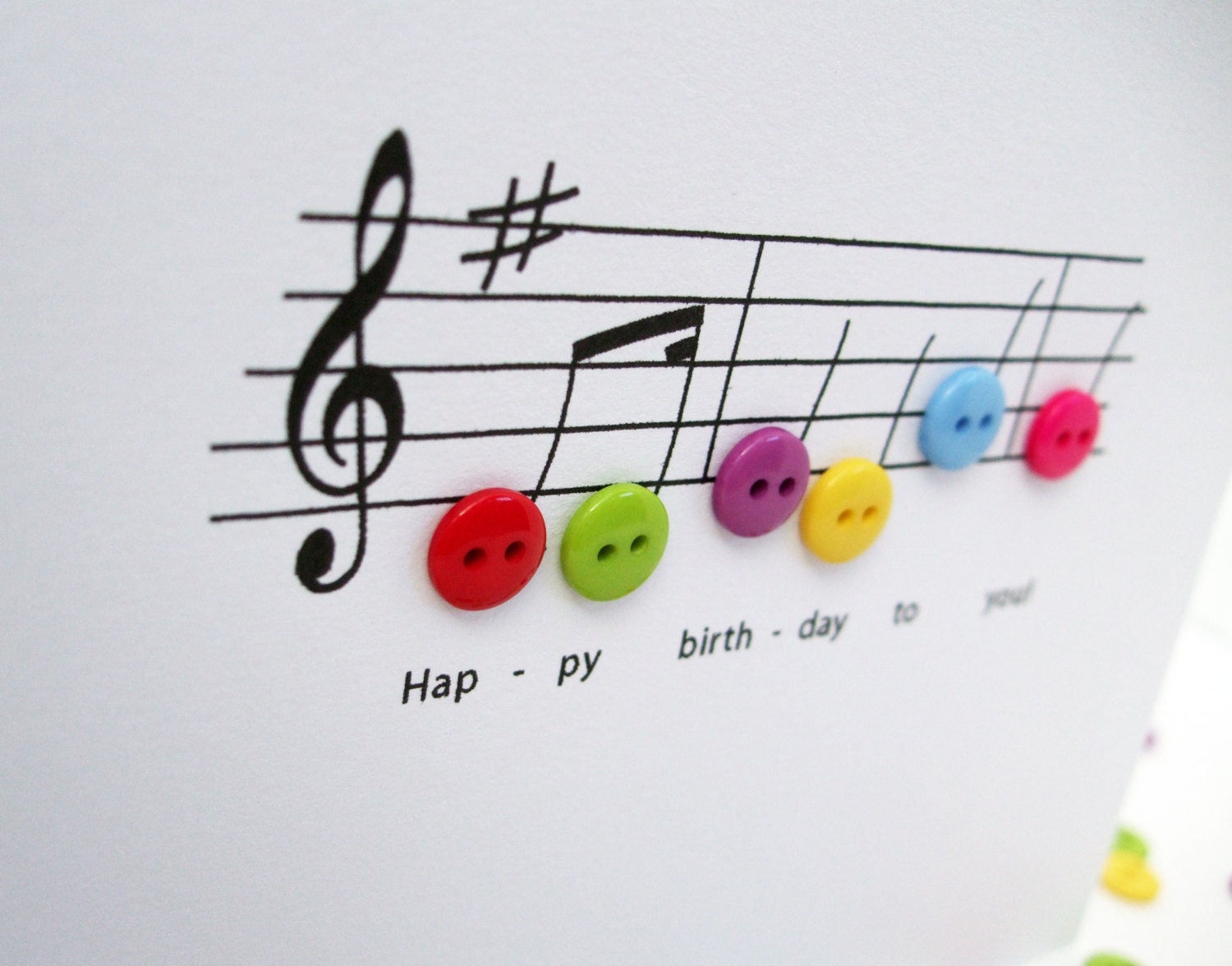Happy Birthday Music Biography
Source link(Google.com.pk)
Have you ever wondered when is the birthday of your favorite Latin music star? The following calendar features some of the most famous birthdays in Latin music. Although this list is tiny if we consider the whole Latin music universe, I still think you have a good chance to find out the birthday (and the age too!) of your favorite artist. If you do not, this birthday calendar will provide you with an introduction to some of the most essential names in Latin music. I hope you like it.
The melody and lyrics were written by two sisters - Mildred J. Hill (born 1859) and Patty Smith Hill (born 1868). Patty was a schoolteacher who developed the "Patty Hill blocks" and was a faculty member at Columbia University Teachers College. Mildred was also an educator who later on became a composer, organist and pianist. The melody was composed by Mildred and the lyrics were written by Patty, but it was originally for a classroom greeting song titled "Good Morning to All." The song "Good Morning to All" was part of the book Song Stories for the Kindergarten which the sisters co-wrote and published in 1893.
From then on the lyrics were changed from its original form to "Good Morning to You" and then to "Happy Birthday to You." It is still unclear who changed the lyrics that turned it into a birthday song, but it was first published in 1924 on a book edited by Robert H. Coleman. Since then, the song became popular and in 1934, Jessica Hill, another Hill sister, filed a lawsuit because of the unauthorized use of the "Happy Birthday to You" melody which clearly resembles the melody of "Good Morning to All," the song her sisters originally wrote. In 1935, Jessica, who was working with publisher Clayton F. Summy Company, copyrighted and published "Happy Birthday."
In the 1930s the Clayton F. Summy Company was bought by John F. Sengstack and renamed it Birch Tree Ltd. In 1998, Birch Tree Ltd was in turn bought by Warner Chappell for $25 million. The company is now known as Summy-Birchard Music. It is reported that the birthday song brings in about $2 million a year in royalties with half going to Summy-Birchard and the other half to the Hill Foundation.
The song Happy Birthday to You (HBTY) has a story to tell, and it’s not wishing you to have a good one on this, the anniversary of your birth. The most recognizable song in the English language – a simple six notes and words - is owned by Time Warner, who will charge you ten grand to legally sing the four verses in a public place like a school or restaurant. But the history of how HBTY turned into a two million dollar a year corporate earner is the interesting part. It’s a case study in the copyright-by-fiat strategy that has recently proven so popular with corporate minions and robots. They allege intellectual ownership where none exists, and they often get away with it.
There are many ways to right this wrong. You could challenge HBTY’s dubious copyright in court, as long as you’re prepared for a foe like Time Warner. Or you could try to shame Time Warner by urging innocent birthday revelers to request permission for every innocent public “performance” of the song. Both are worthy endeavors, but neither one sounds like much fun.
No, for our purposes here, we’ll encourage you to unseat (or at least unsettle) “Happy Birthday to You” from it’s cultural throne by composing possible replacements. The Free Music Archive Happy Birthday contest seeks a few new Happy Birthday songs that are simple and catchy, with great earworm potential (remember: HBTY uses only six notes!) that can be sung in restaurants, bowling alleys, even in TV shows and movies – free of charge. Together, let us shake “Happy Birthday” from it’s fortified cultural throne, and replace it with a melody that the children can sing without fear of being served.
The three top entries will be all dressed up and distributed to the most powerful media companies on earth with colorful, Ross Perot-style financial incentive charts encouraging the recipients to better their bottom line by using one of these shiny new Happy Birthday replacement tracks. WFMU will organize and pay for the digital and physical mailings of the three winning tracks to the luckiest people on earth- any media or public organization who might have need for new birthday songs - movie studios; theater troupes, restaurant chains; sport leagues, scouting associations, youth groups; minor league baseball teams, major league Jai Alai squads, bowling alleys and we’ll also send the track to music journalists, bloggers and radio stations to help get the word out and cement the new songs into the cultural subconscious.
Ready to compose the next great Birthday song for the cake-eating masses? Here's where you can learn more about the judges, official rules and how to submit your work.
And here’s more background, if you hanker for more historical details on the very shaky copyright in question. The familiar melody for “Happy Birthday to You” was borrowed from other mid-19th century songs such as Horace Waters' "Happy Greetings to All" and "Good Night to You All," (published 1858) and also "A Happy New Year to All" and "A Happy Greeting to All" (published 1888). All four of these songs had that same six-note melody, and from the 1850’s to the 1880’s those six notes were reapplied to any number of greetings songs, some of which made it into published songbooks of the day.
Two esteemed Kentucky Kindergarten teachers named the Hill Sisters use this same melody with the lyrics “Good Morning to All” and used that version in their classes to greet their students, even publishing it in their own 1893 pamphlet. But over the years, somebody – who, we will never know – modified the lyrics to now public domain “Good Morning to All” with the present birthday lyrics. Were these 19th century wordsmiths The Hill Sisters themselves? Their students? A class parent? The school janitor? We will never know. But the modified “Good Morning to All” caught on.
If fact, it caught on so much that Western Union used the song for their first singing telegram in 1933. But when the Irving Berlin musical “As Thousands Cheer” made use of the song later that same year, the forgotten Hill sister Jessica sprang into gear like a depression-era Gloria Allred. Jessica got legal assistance from the Summy Company, who registered for copyright in 1935, crediting the song’s authors as Preston Ware Orem and Mrs. R.R. Forman, whoever they were. Time Warner purchased the Summy Company in 1998, and Edgar Bronfman Jr and friends purchased Warner Music Group in 2004. The song has been scheduled to enter the public domain a few times, but copyright term extensions have now delayed that date to 2030 at the earliest.
Which is how we got to where we are now – living in a world in which restaurant chains invent their own replacement birthday songs, rather than break the law or pay thousands of dollars in licensing. A world that’s more like a dystopian hellscape, frankly, in which countless movies and TV shows sing “For He’s A Jolly Good Fellow” rather than fork over the estimated ten grand in licensing fees. Take a look at the video to see just how bad the problem really is. And then create your own Happy Birthday song, either with a melody of your own creation, or a reworked public domain melody with new lyrics. Keep it simple. And let’s put the Happy back into Birthdays, and take the Cease and Desist out of ‘em.
Happy Birthday Music Happy Birthday Cake Quotes Pictures Meme Sister Funny Brother Mom to you to me Pictures
Happy Birthday Music Happy Birthday Cake Quotes Pictures Meme Sister Funny Brother Mom to you to me Pictures
Happy Birthday Music Happy Birthday Cake Quotes Pictures Meme Sister Funny Brother Mom to you to me Pictures
Happy Birthday Music Happy Birthday Cake Quotes Pictures Meme Sister Funny Brother Mom to you to me Pictures
Happy Birthday Music Happy Birthday Cake Quotes Pictures Meme Sister Funny Brother Mom to you to me Pictures

Happy Birthday Music Happy Birthday Cake Quotes Pictures Meme Sister Funny Brother Mom to you to me Pictures

Happy Birthday Music Happy Birthday Cake Quotes Pictures Meme Sister Funny Brother Mom to you to me Pictures
Happy Birthday Music Happy Birthday Cake Quotes Pictures Meme Sister Funny Brother Mom to you to me Pictures
.JPG)

No comments:
Post a Comment